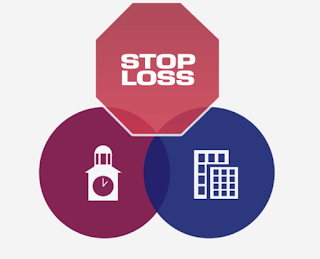Stop Loss OR Excess loss
Stop Loss/Excess Loss
Stop-loss insurance (also known as excess insurance) is a product that provides protection against catastrophic or unpredictable losses.
It is purchased by employers who have decided to self-fund their employee benefit plans, but do not want to assume 100% of the liability for losses arising from the plans.
Stop Loss/Excess Loss can be applied by the employer either in form of:
Specific Stop-Loss: This form of stop-loss coverage protects a self-insured employer against large claims incurred by a single individual. Under a specific stop-loss policy, the employer will be reimbursed when claims for an individual exceed a specified deductible.
Aggregate Stop-Loss: This form of stop-loss provides a ceiling to the amount that an employer would pay in expenses on the entire plan, on an aggregate basis, during a contract period. Under this policy, the insurance carrier reimburses the employer after the end of the contract period for aggregate claims.
Self-insurance can save money, but without an insurance provider in the mix, the employer is entirely responsible for all qualifying insurance costs (claims). For example in a health health stop loss case if employees remain healthy, that’s not a problem. But if many become ill say the outbreak of a pandemic (COVID) or even one person is diagnosed with cancer, medical costs can soar well beyond the company’s ability to pay.
#benewinsurance #insurtech #inclusiveinsurance #insurance #reinsurance #takaful




Comments
Post a Comment
Thank you for making this valuable comment.